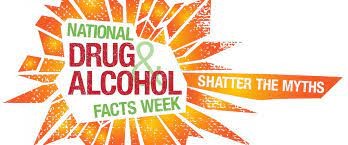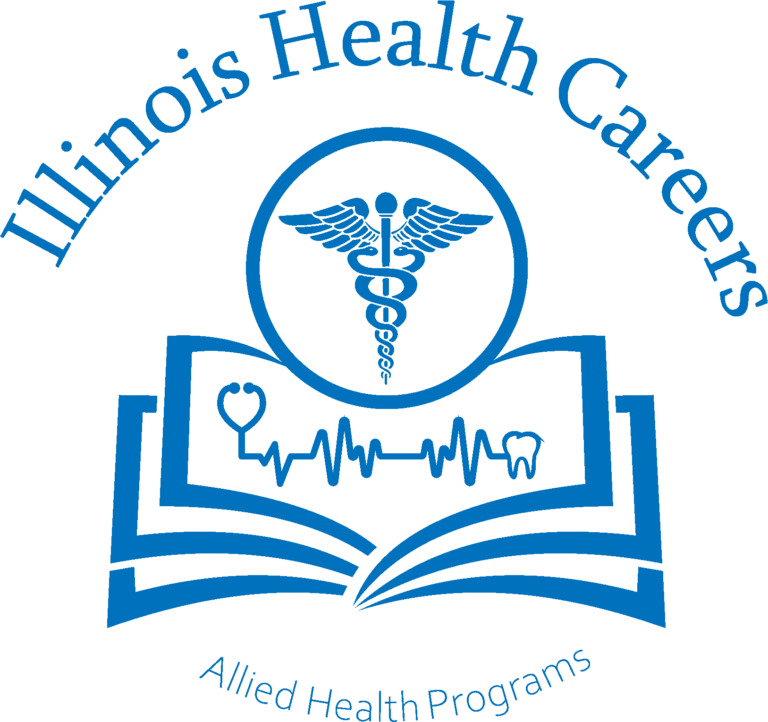Making a difference through shared knowledge and action is essential! Too often, children and youth have been overlooked in the wake of America’s substance use crisis. This is a week-long observance to inspire dialogue about drug use and addiction.
We must be able to start a conversation about drug or alcohol use. We know that is not an easy subject there is a list of the 10 most frequently asked questions from young people.
What do you know about drugs and Alcohol addiction? Test your knowledge.
https://create.kahoot.it/details/0c339ba3-618a-4fae-a89d-c02a917e33d2

The explosive growth in telehealth has opened access to a wide spectrum of clinical and non-clinical health-related services. The pandemic gave a powerful tool to brilliant people and let them invent for a year. Because of this, health care delivery will never be the same. More and more Allied health professionals are being trained in telehealth. Illinois health careers is looking to start incorporating telehealth into our programs.
1. What is the worst drug?
We don’t define drugs as most or least harmful. All drugs have the potential to produce negative health effects or lead to a dangerous situation in the short or long term. Whether a drug causes a serious health issue—like a life-threatening overdose—can depend on how much a person uses, how they consume it, and other factors. However, some drugs are so potent that a life-threatening overdose can occur the first time a person uses them. For example, the synthetic opioid fentanyl is 100 times more potent than morphine and 50 times more potent than heroin.
2. Which is more habit-forming – smoking cigarettes or vaping nicotine?
Because both smoking and vaping are so addictive, it is helpful to speak with a doctor when trying to quit either. A good strategy is never to start. Nicotine in any form is highly addictive, and many who start using one form of nicotine transition to another.
3. Can marijuana be used as medicine?
Although the medical use of marijuana is legal in many states, the U.S. Food and Drug Administration (FDA) has not determined that the marijuana plant is safe and effective for treating any disease or condition and has not approved it as a medicine.
4. If a pregnant woman takes drugs/smokes/drinks alcohol, what happens to her baby?
Pregnancy is an important time to maintain or adopt healthy behaviors. Decades of research show exposure to certain substances can be unsafe for the health of the woman and the baby. Many drugs, including opioids, alcohol, and stimulants, have been associated with harm to the developing fetus. Using or being exposed to some substances can increase the risk of miscarriage and can cause migraines, seizures, or high blood pressure in the mother.
5. How can I help someone with a problem stop taking drugs?
How can I help if they don’t want help? Supporting a loved one through a struggle with substance use can be difficult for adults and teens alike. This process can be especially complicated when someone is resistant to getting help. While you may not have control over someone else’s substance use, support is available to cope with how that substance use may affect you.
The Substance Abuse and Mental Health Services Administration (SAMHSA) operates the National Helpline 1-800-662-HELP (4357). This is a free AND confidential.
6. Is vaping bad for you even if it’s just flavoring?
It can be. Research shows that many teens and young adults don’t realize that the flavors they use actually can contain nicotine, an addictive compound found in tobacco. Many vapes also contain propylene glycol, glycerin, chemical flavorings, and other compounds with unknown health effects. As a result, people who vape—even just flavoring—may inhale and ingest potentially harmful chemicals. Other vaping products can also cause harm. In 2020, thousands of people got sick and dozens died from an illness called EVALI, which stands for e-cigarette or vaping-use associated lung injury. Vitamin E acetate, an additive in some THC-containing vaping products, is strongly linked to EVALI. When heated and inhaled, vitamin E acetate can damage the lungs.
7. Can you get addicted to ADHD meds?
Many teens who have been diagnosed with attention-deficit/hyperactivity disorder (ADHD) take prescription stimulants like Adderall® or Ritalin® to help treat their symptoms. When taken as directed, these medications can be helpful and safe, and have a very low risk for addiction. If your doctor prescribes stimulants, it’s important to follow the instructions and to discuss any concerns about addiction or dependence.
8. What are bath salts?
When teens ask us about bath salts, we understand that they’re probably not referring to Epsom salt for a relaxing time in the tub. They’re talking about synthetic cathinones, which are stimulants made in labs. Bath salts and similar drugs cause extreme wakefulness and elevated heart and breathing rates. Many people seek out these drugs because they are viewed as a cheaper substitute for stimulants like methamphetamine and cocaine.
Using bath salts can cause severe intoxication, hallucinations, paranoia, panic attacks, and addiction. Serious health effects including dehydration and kidney problems can also occur. An additional danger of taking these synthetic drugs is that they might contain other substances with their own harmful effects, including life-threatening overdoses.
Bath salts are usually white or brown crystal-like powder that are ingested in several ways, though snorting or injecting these drugs further increases the risk of harmful effects.
9. What are the effects of drugs like Xanax and Percocet?
Xanax and Percocet both work in very different ways and can cause severe adverse health effects, including overdose, if taken in large quantities or if taken with certain other drugs. Large doses of acetaminophen in Percocet® can also cause life-threatening liver damage. If you are prescribed these drugs, carefully follow your clinician’s instructions, and do not share them with others.
10. Why do people use drugs when they know they might cause problems?
Every day we make choices that affect our health. People take drugs for a lot of different reasons, like to deal with life’s challenges, to escape from reality, to relieve pain, or to try to fit in—just to name a few.
Some people can be aware of the negative effects of drugs on their health and in their life and still struggle to stop using them. This is because repeated drug use can lead to changes in the brain that make it hard to stop using them, even when people want to stop. When this happens, the person is experiencing a medical problem known as substance use disorder. Addiction is a severe form of substance use disorder.


